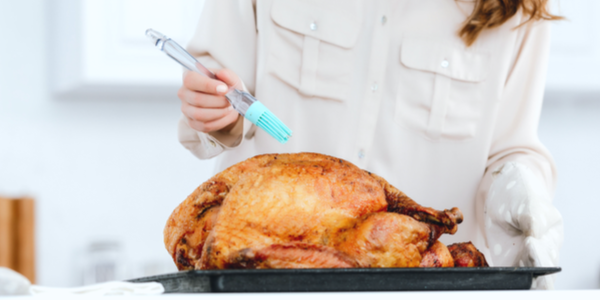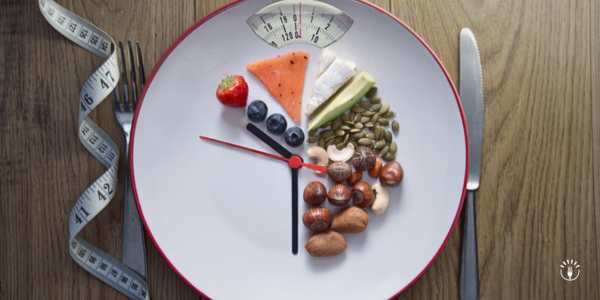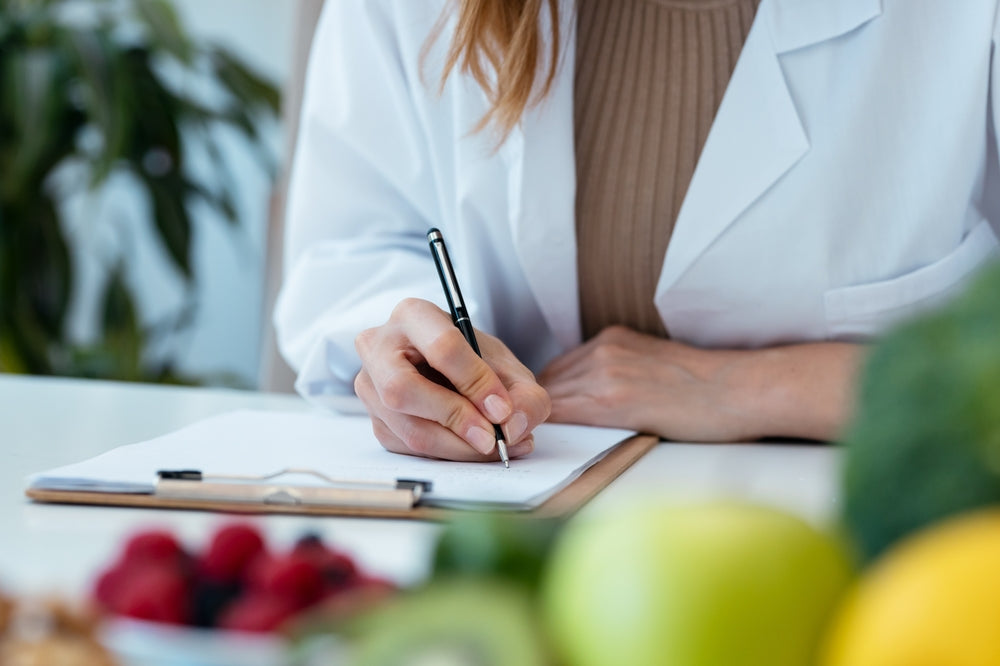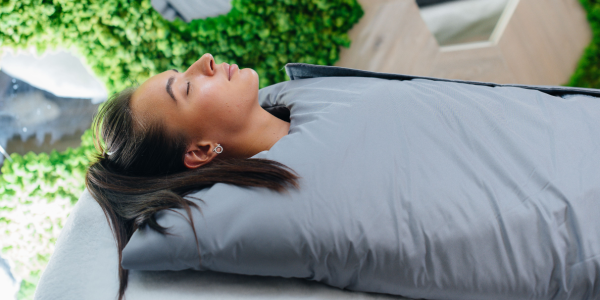
Thanksgiving Day is known for gobbling turkey and taking naps. So, it is easy to assume that the turkey causes this expected tiredness.
But are these factors actually connected? Does turkey actually make you sleepy?
Here, we dish out the truth about whether tryptophan-containing turkey promotes falling asleep after eating. Or, if it is a myth as giant as the turkey meal itself!
What Is Tryptophan?
Before determining why turkey may make you sleepy, it is important to understand the function of the proposed culprit– tryptophan. Formally written as L-tryptophan or D-tryptophan, it is an essential amino acid that serves various functions such as:
• Balancing nitrogen in adults
• Prospering infant growth
• Producing niacin, which is also essential for the creation of the neurotransmitter, serotonin
Note that the body needs sufficient levels of iron, vitamin B6, and B12 to properly convert tryptophan into niacin. And because it is an essential amino acid, this means the body cannot endogenously produce it. This means it must be obtained from food products that contain tryptophan.
As mentioned, tryptophan is required to synthesize serotonin, also known as the happy hormone. Neurotransmitter serotonin helps regulate mood and can increase levels of melatonin, a neurotransmitter-like substance that mostly helps regulate circadian rhythm.
Therefore, melatonin helps with hormone secretion, temperature control, and overall sleeping patterns and quality. In fact, many people take dietary supplemental melatonin to manage and treat insomnia and other sleep disorders.
With all this being said, there are various health benefits associated with naturally occurring tryptophan (aka not the kind in supplemental form) from foods. However, the benefits are actually derived from the potential increase in niacin and serotonin production. Nonetheless, they include:
• Higher quality sleep
• Relief from depressive and anxious symptoms
• Increased wellbeing
• Strengthened pain tolerance
Besides turkey, other foods high in tryptophan include:
• Cheese
• Chicken
• Eggs
• Fish
• Milk
• Peanuts
• Pumpkin
• Sesame seeds
• Soy
• Tofu
So, is the tryptophan contained in turkey really to blame for making you sleepy?
Why Do I Really Get So Tired After I Eat?
If it is the tryptophan in the turkey that makes one so tired after eating it, then other tryptophan-containing foods should too. However, the above foods mentioned rarely attract the same spotlight as turkey.
Perhaps it is the alliteration of tryptophan turkey that deems it the most popular culprit. In reality, turkey contains less tryptophan than many nut and cheese variations. It also supplies near equal amounts to other foods like chicken and fish.
What's more, scientists purport that L-tryptophan can only make a person tired right away if eaten or taken by itself without other amino acids. Spoiler alert!
Turkey and most other high-protein foods like the ones listed above contain many other amino acids in addition to tryptophan. Therefore, turkey alone can no longer be blamed for initiating the yawns after a big Thanksgiving meal.
Meal Sizing Is the (Very) Likely Culprit
Instead, properly thank the sheer size of the meal for taking to the couch. Thanksgiving dinners are notorious for offering thousands of calories of typically very high fat and/or starchy foods like mashed potatoes, casseroles, rolls, and pies.
No, one meal will not completely derail health goals or cause a 10-pound weight gain overnight. But it certainly requires a substantial amount of energy and blood flow to digest. It’s this function or mechanism that ultimately causes the Zzzz's.
Such a large meal will shuttle most blood flow to the digestive organs and away from the brain. Increased blood flow to working areas is necessary to provide the appropriate nutrients and oxygen. So while this is helpful for the digestive system that has a ton of work ahead, brain function will not fare as well.
Also worth noting, even though it seems like a fine idea to succumb to a long nap after a large meal, the quality of sleep will be very low. Again, all resources are being directed to digesting the food, leaving little for the repair and growth that sleep normally promotes. So do not be surprised to arise potentially more tired and drowsy than before shutting eye.
How to Prevent Drowsiness
Creating new turkey day traditions requires nothing more than executing a few healthy eating habits on this special Thursday.
Avoid the post-lunch or dinner drowsiness with the following tips.
1. Eat Regular Meals Leading Up to the Feast
Saving calories for the epic meal is tempting, but this inherently promotes overeating later on. Eating a balance of lean protein, healthy fats, and fiber will lay the foundation to eat more appropriate portions come mealtime.
2. Moderate Portions
Still, try and enjoy everything the feast has to offer. However, consider decreasing the portion size to two or three bites of everything to avoid feeling overly stuffed.
3. Eat Mindfully
There is no better way to practice gratitude on Thanksgiving than to be fully present with the food. Present in terms of taste but also how each food makes you feel.
Periodically check in with yourself about fullness and satisfaction, drinking liquids in between bites. Stop when full to remain mindful throughout.
4. Take a Walk After the Meal
Taking a walk after the meal helps sensitize cells to insulin, in turn helping to balance blood sugar levels. It also promotes quicker digestion, both of which will lessen drowsy feelings.
5. Take the Focus Off the Food
Indeed, the Thanksgiving holiday has been commercialized to revolve around food. When, in reality, it should be about giving thanks.
Instead of seeing it as a day to gorge on comforting foods, seek out other ways to give thanks for other bountiful blessings. Likewise, relish in the real meaning of the special day.
Also, know this does not mean skipping the meal altogether. However, perhaps it would not hurt to treat the actual meal like any other.
The Bottom Line
Tryptophan functions to increase niacin and especially serotonin levels, which can promote sleepiness. However, it is scientifically known that this mechanism only occurs void of the presence of other amino acids.
Because the foods highest in tryptophan also contain many other amino acids, it is not likely that turkey is to blame for tiredness on Thanksgiving. Instead, the giant size of the meal shuttles blood flow and nutrients to the digestive system and away from the brain, leading to lethargy.
So, is feeling alert and ready to tackle a board game more appealing than needing the recliner after the turkey meal? If so, consider moderating portion sizes and overall makeup of the meal before indulging.
But if a turkey-induced nap is a Thanksgiving tradition, please feel free to partake guilt-free!
References:
Does Eating Turkey Make Me Sleepy? Johns Hopkins All Children's Hospital. https://www.hopkinsallchildrens.org/Patients-Families/Health-Library/HealthDocNew/Does-Eating-Turkey-Make-Me-Sleepy.
Gotter A. What Is Tryptophan? Uses, Benefits, and Foods. Healthline. Updated February 23, 2021. https://www.healthline.com/health/tryptophan#side-effects.







